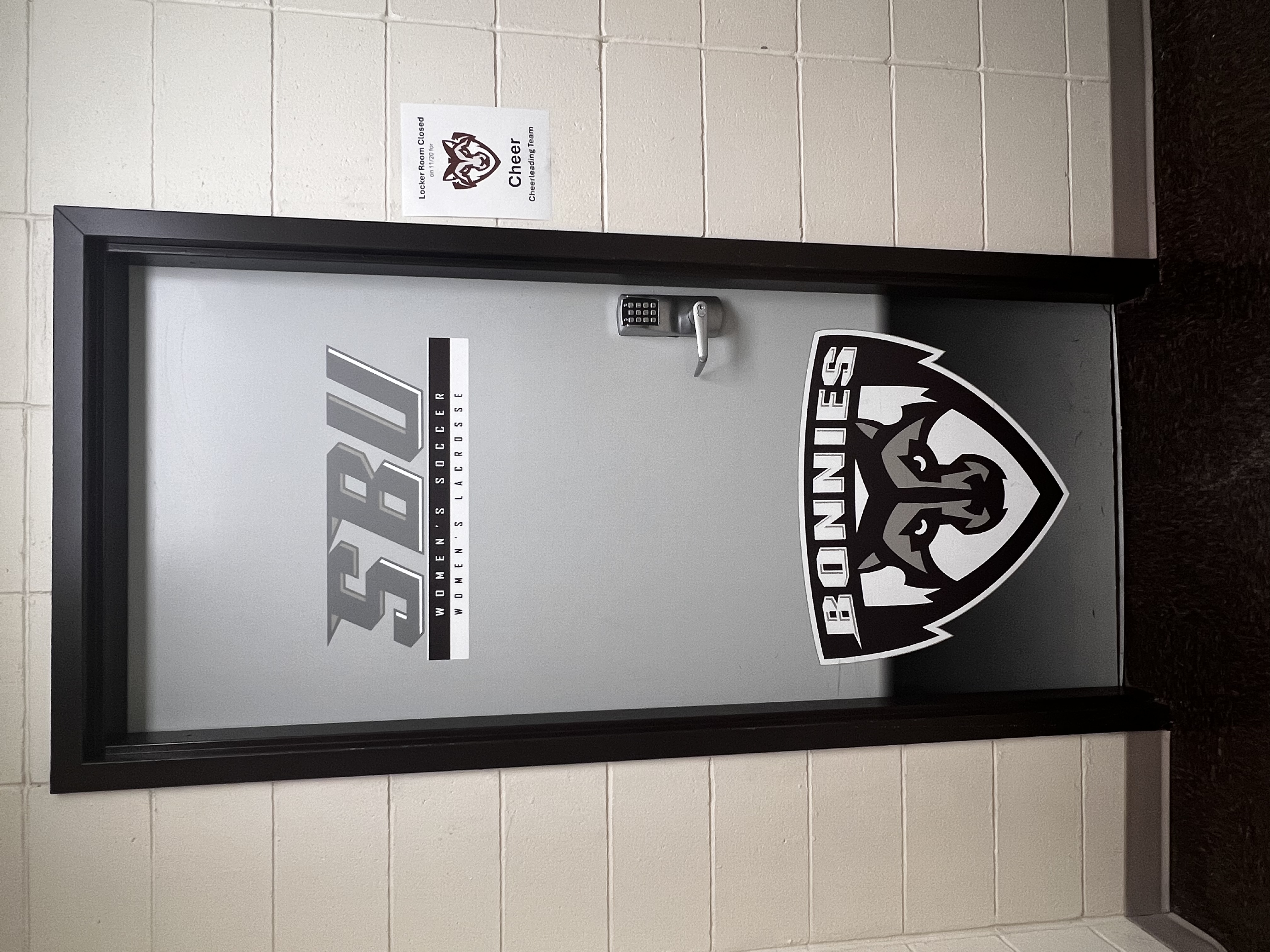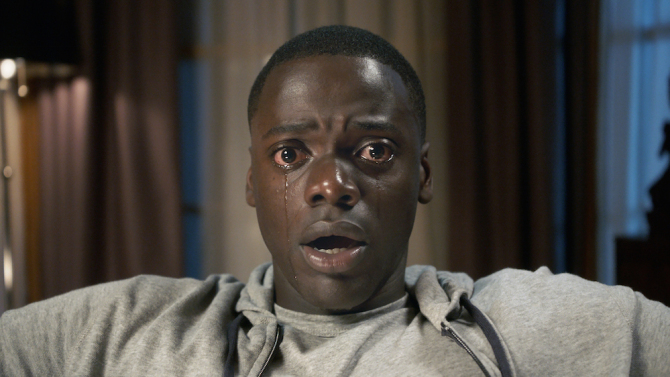Jordan Peele’s Get Out is a masterpiece, timely revealed within a cultural context of poor race relations; the film takes a stab at an issue that’s plagued America for centuries: slavery. And, yes, it’s based in the modern-day, where forced expectations and norms become a form of slavery.
The psychological thriller is situated upon a realistic horror of white nationalism masked in forced “political correctness,” but derives its higher metaphors and social commentaries from a dramatized plot of unexpected violence. That’s exactly why Get Out is deserving of its nearly 100 percent Rotten Tomatoes rating; the film’s breath-stealing suspense is rooted in a plausible plot, familiar conversational nuances and an ordinary protagonist — all estranged to the average white viewer and familiar to the black viewer.
Chris is your everyday guy, a witty and undeniably endearing character with a knack for photography and a girlfriend (Rose) he loves. But, in the film’s opening moments, Chris admits his one outlying point of difference: “Do [your parents] know I’m black?” he asks, packing his bag for a weekend getaway at Rose’s childhood home.
Rose’s parents voted for Obama twice — and would have loved to again. They’re well-educated, paid and informed — disgusted by those unwilling to consider the unknown. Rose’s dad is fascinated by culture — and Chris is an obvious, giving fountain of cultural exploration.
Rose reassures and Chris trusts. He’s apprehensive, but Rose ought to be a reflection of her parent’s example.
Chris has a job, an incomparably trendy apartment and a pained past. In short: He’s no different than Rose’s parents or eclectic brother. But, out of Chris’ element and thrown into that of Rose’s suburban family, everyday horrors arise in the moment cityscapes — inundated with seas of color — are exchanged for landscapes and uniformity — cloaked in white and masked with a facade of invitation.
Once at Rose’s home, what seems an awkward meet-the-parents situation (mainly to the white viewer) becomes a weekend in an unwanted spotlight.
Chris is bombarded with objectifying questions, met with estranged looks and made a visual outlier. He shakes the grounds of all he passes — the kind of people to denounce racism, having never removed the comfortable earplugs of ignorance. And that’s the springboard for the film’s excellence.
Peele shows Chris’ discomfort navigating through the weekend’s white-dominated social situations — where he becomes much like a show animal, with commonalities pushed aside and points of differentiation serving as conversation starters. That’s not to say he’s the only person of color in sight.
The few people of color he encounters seem spacy, void of authenticity. The family’s two black workers (Walter, a groundskeeper, and Georgina, a housemaid) are robotic, void of emotion and only expressive in their one-on-one encounters with Chris. A smile is upheld for the Armitage, with tears released to Chris.
Andrew, an attendee at the family’s weekend party, seems mummified in white expectation. He wears tailored, pressed suits. He speaks in a similar dialect to the other party-goers. When questioned on the “black experience” he calls it “quite lovely.” It’s a forced façade.
Chris finds himself immersed in suburbia, where a person of color is met with a defining choice: Conform or “get out.”
Those who conform are hypnotized — offered an accepted dialect, demeanor and whites’ colorblindness. Chris, unwilling, is met with the hell of remaining authentic amidst whitewashing.
As Chris’ obvious differences are forced to the forefront, the cinematography unfolds into a surreal portrayal of emotional distress in a game of survival to be viewed as “human” among white’s fetishizing of the other.

Fact Check: Do Only Women’s Sports Teams Share Locker Rooms?
The locker room for women’s soccer Photo: Isabel Marzullo/The Bona Venture BY: ISABEL MARZULLO, FEATURES EDITOR






